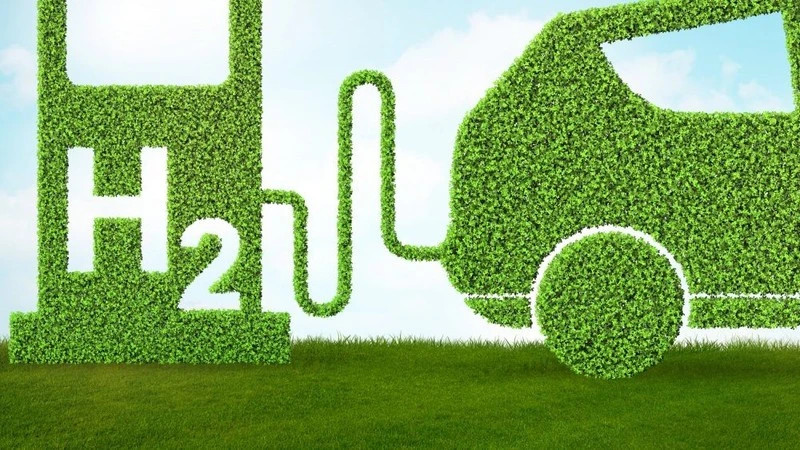Faced with the reality of climate change causing increasingly serious impacts of extreme weather, while preparing for the EP election in June this year, EU policymakers consider climate-related policy as a key issue to realise the goal of making the EU a carbon-neutral region by 2050.
The European Commission (EC) announced the European Green Deal (EGD) in 2019, and the deal was adopted in January 2020. This is the EU's comprehensive and long-term programme to respond to global climate emergencies until 2050, with packages of framework policy initiatives to implement goals in the fight against climate change.
However, the EU's green agenda is not fully supported by some member states due to its high costs. Opinion polls proved that the EP's election could make it harder to pass ambitious climate policies. In such a context, the EC plans to make a recommendation that the EU cut 90% of 1990 net emissions by 2040 while calling on countries in the region to sharply increase investment to achieve the goal of reaching net zero emissions by 2050.
According to a study by the Rousseau Institute, the EU can secure most of the above investment capital by redirecting current spending mainly to activities that cause environmental pollution. This means that the EU needs a large-scale divestment from projects such as the production of internal combustion engine cars, fossil fuels and new airport construction while increasing investment in public transport and the renovation of buildings in an environmentally friendly manner, as well as the promotion of renewable energy.
Philippe Lamberts, Co-President of the Green lawmakers group in the European Parliament, said the EU always has investment resources available. According to the researchers, the investment needed to reach net zero emissions will come mainly from the private sector, but public spending on the green transition will also need to double to 490 billion EUR per year.
In the EU’s efforts to boost the transition to a greenhouse gas-free economy, the EC recently announced that it had approved state funding programmes from France and Germany. France’s aid investment, totalling 2.9 billion EUR, aims to take advantage of tax exemptions to support companies planning to invest in the production of solar cells, batteries, wind turbines and heat pumps, as well as key parts and critical materials required for the fabrication of these products.
Germany’s 902 million EUR assistance was given to Northvolt, a Swedish battery manufacturer, to build a factory in Heide, which focuses on producing batteries for electric vehicles. The production is expected to begin in 2026, with full operating capacity to be reached in 2029. According to EU Commissioner for Competition Policy Margrethe Vestager, the German aid will allow Northvolt to invest in a super factory to manufacture batteries for electric vehicles in Europe instead of in the US.
Meanwhile, the European Investment Bank (EIB), the EU's long-term lending organisation owned by member states, is stepping up financing for investments that contribute to EU policy goals, including progress towards global carbon neutrality. The European Investment Fund (EIF) under the EIB supports the continent's micro, small and medium-sized enterprises (SMEs) accessing financial resources. In 2023, the EIB signed new financing contracts worth nearly 88 billion EUR for high-impact projects in the EU’s policy priorities, including climate action.
According to EIB President Nadia Calviño, across Europe, the EIB is delivering on the EU's priorities of promoting European competitiveness and EU leadership in green technology. With 349 billion EUR in green investment mobilised since 2021, the EIB is on track to achieve its target of 1 trillion EUR in sustainable green finance by the end of the decade. In particular, 49 billion EUR will be directly financed for climate action and a sustainable environment by 2023, compared to 38 billion EUR in 2022.
EU countries are aggressively spending heavily on energy transition projects. The strong development of wind and solar energy has begun to benefit the old continent after a gloomy winter. Renewable energy has helped the EU reduce its dependence on oil supplies, the impact of drought and emissions into the environment throughout the continent. With strong investment in clean energy projects, the green transition of countries in the region is forecast to witness great leaps in the near future.
















